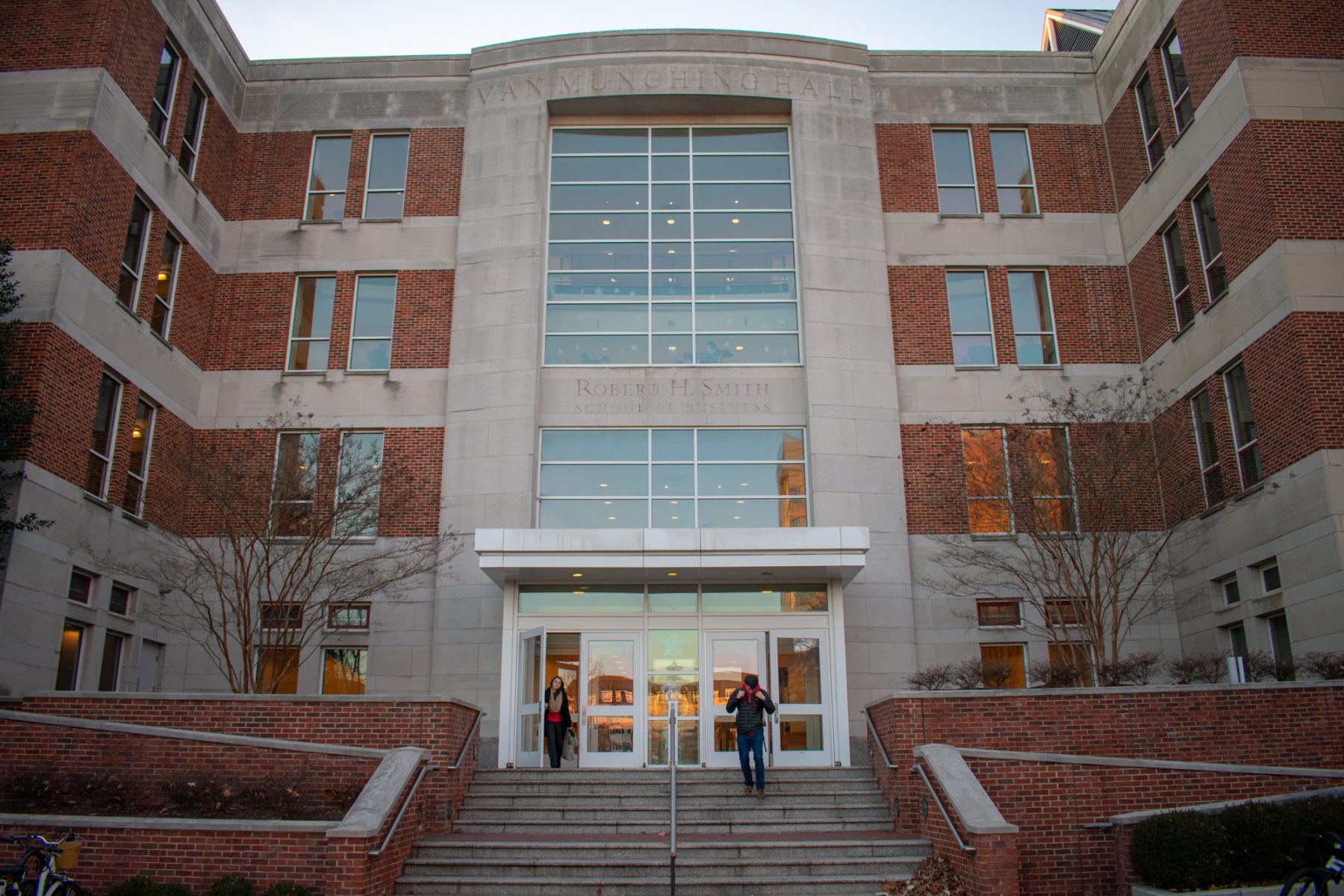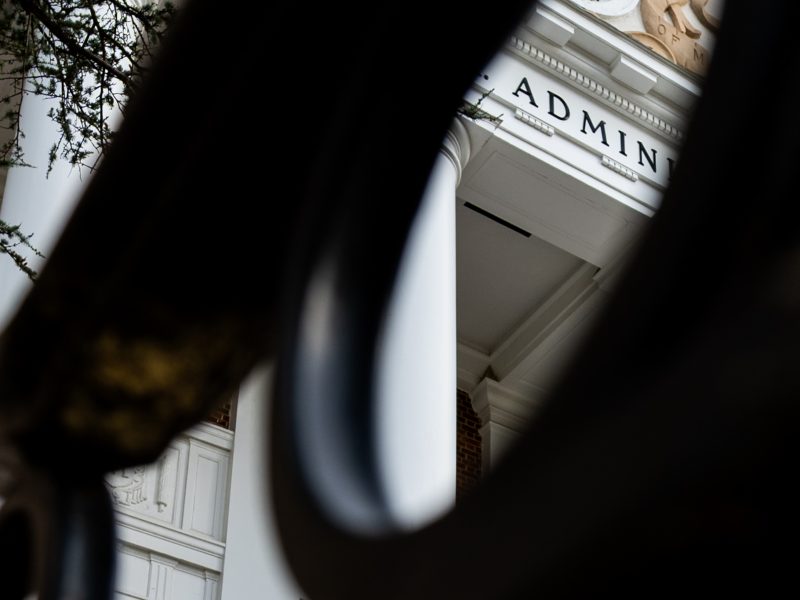Views expressed in opinion columns are the author’s own.
The Diamondback recently published a column by Zachary Jablow titled “Business and STEM dominate UMD. Is it for the Best?” in response to another column written by David Sessions for The New Republic.
Both columns address the same basic complaint with modern higher education: That the once noble heart of American universities has been corrupted by a capitalist, industry-focused agenda. That there is pressure on students to reject learning for learning’s sake, to ignore their curiosity for philosophy or art history and to come to college single-mindedly focused on preparing to apply to their favorite tech company. And that there are dollars spent by universities to further that agenda.
Let me first say that I’m an English major and a creative writing minor, so I understand the joy of learning about a subject purely out of passion. But I’m also a business student.
Let’s break down a degree at the University of Maryland like an investment. For an out-of-state student, the annual estimated price of undergraduate attendance is $57,576, for a total of $230,304 for a four-year degree. Fun reminder: The average household income in the U.S. is $61,937.
There are two factors that have influenced the rise in interest in STEM and business education that I believe Jablow neglects to address. The first is the cost of higher education and the second is the societally understood role of a university degree. We’ve all heard of crippling student debt and inflated tuition costs, and it’s evident that college is too expensive. And in the world we live in, it’s also expected, which brings me to my second point.
Historically, American universities catered only to the most elite families: those who could afford to send their sons to liberal arts colleges in pursuit of golden, holistic learning intended to turn them into future politicians and clergy leaders. In 1940, 5.5 percent of men and 3.8 percent of women were college-educated. By 1988, 24 percent of men and 17 percent of women were college-educated, and the inflation-adjusted cost of tuition at a public four-year university was about $3,190 a year.
Nowadays, 35.4 percent of men and 36.6 percent of women are college-educated, and most professionals entering the workforce feel that a university degree is a necessity, not a choice. This leaves the average, non-elite American family scrambling to put together the money to give their children the key to a full, middle-class professional life. For these families, college cannot be “knowledge and art for their own sake,” as Jablow said. It must be a valid, returnable investment.
What business schools — like the one at this university, for example — do phenomenally well is acknowledge the pragmatic need of their students to learn usable, marketable skills. This university’s business school ensures that students are constantly up to date on the demands of the job market and the need for knowledge of analytics, communication and the uses of programs like Microsoft Excel and Tableau. We’re given opportunities to work directly with employers in case competitions. Yes, we’re taught to prepare for professional interviews and given feedback to achieve perfect resumes, but all of this is so we can feel secure in our ability to represent ourselves. The tireless work of professors emailing me with job recommendations (live, love, Professor Harms) shows me that the priority of the business school is making sure I can take care of myself after graduation. In the meantime, we study the balance of the economy, creative strategy behind brand awareness, theories of fair and effective management and plenty of other wonderfully dense, theoretical academic topics.
This pragmatic approach to education isn’t “corrosive” to academia. It’s equalizing. It allows for less class-based access to higher education, which opens the door for so many families who don’t have the luxury of paying for pure academia to have faith in the investment value of their children’s college education. I adore and have adored being an English major, but I recognize the levels of privilege, confidence and economic security that have allowed me to justify spending half of my college career investing in my passion, as opposed to feeling pressured to double major in something more returnable. I attribute a huge portion of that security and confidence to the lessons and opportunities I’ve been provided by the business school.
Amanda Bachman is a senior English and marketing major and the outgoing advertisement director of The Diamondback. She can be reached at amandabachman14@gmail.com.



